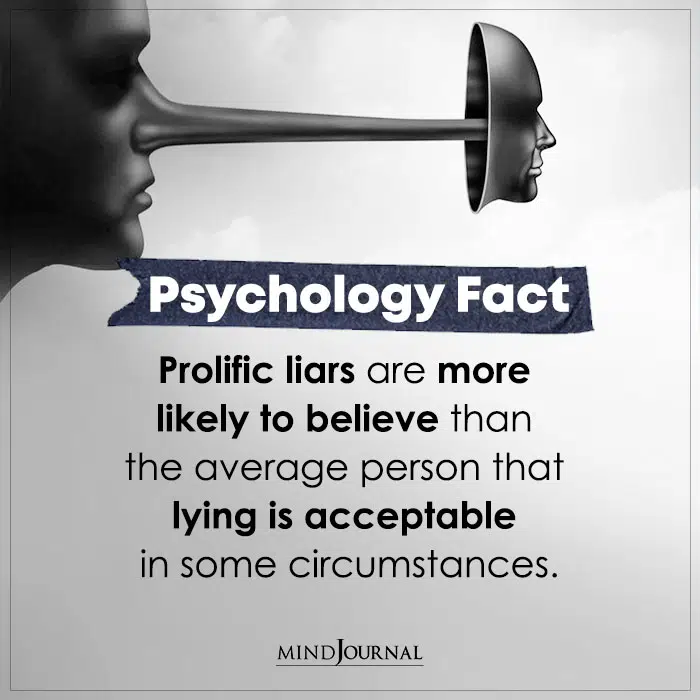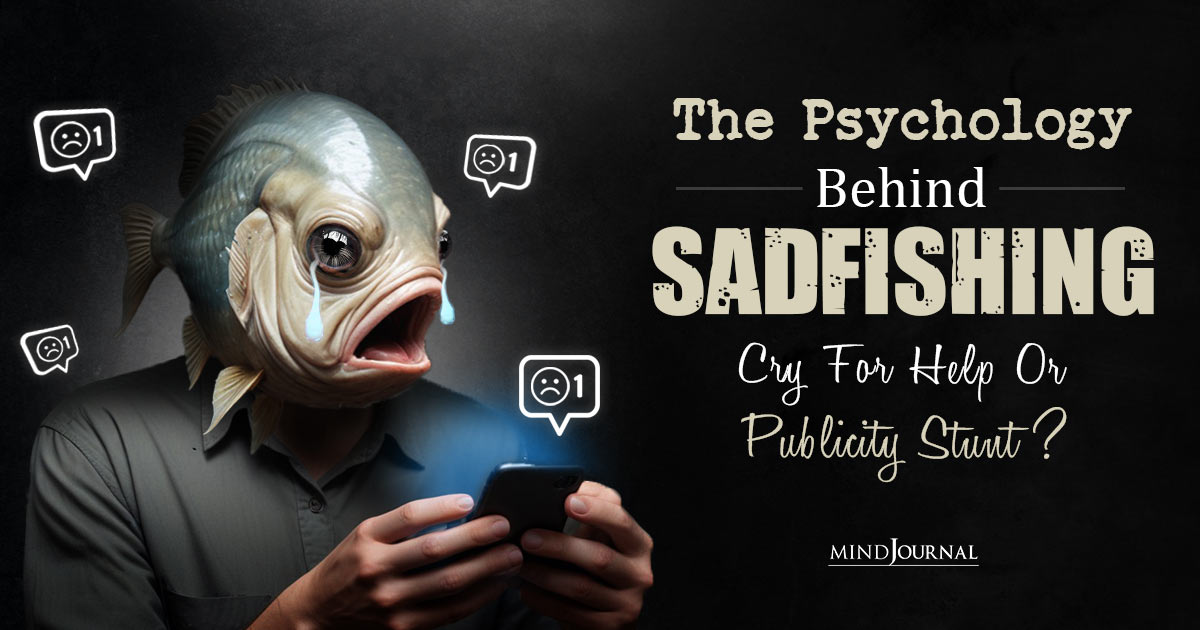Have you ever been lied to? Of course, you have been. But it can often be difficult to spot liars as there are different types of liars. Some lie to save others from harm, others lie to save themselves from harm, while some lie to harm other people.
We all lie at one time or another. However, when it is done to manipulate, gaslight and control someone, it can be really damaging and dangerous for the victim. Welcome to the complex world of liars, where truth and deception intertwine, leaving us grappling with uncertainty.
Today, we will unravel the psychology of liars, explore the various types of liars, learn how to spot them, and discover effective strategies on how to deal with liars. So, join us as we delve into the captivating realm of deceit.
The Psychology of Liars
Have you ever found yourself questioning the honesty of someone’s words or actions? Perhaps you’ve experienced that nagging feeling in your gut, sensing that something isn’t quite right. Well, you have just encountered a liar.
Understanding the psychology behind lying is crucial in identifying the motives and behaviors of individuals who engage in deception.
Related: The Science Of Lying: 9 Things You Should Know About Liars
Liars often resort to dishonesty for a variety of reasons, such as self-preservation, fear of consequences, desire for personal gain, or even to protect others. Often driven by a desire to avoid consequences or protect themselves, liars may resort to deception as a coping mechanism.

Factors such as fear, insecurity, or a need for control can contribute to their dishonesty. By understanding these underlying dynamics, we gain insight into the fascinating intricacies of human behavior and communication.
Psychologists have identified several key factors that contribute to the complex web of deception, which can help us understand the different types of liars –
1. Self-Preservation
Liars who engage in self-preservation lies often do so to shield themselves from punishment or avoid negative judgment. They may fabricate stories or withhold information to protect their reputation, evade blame, or maintain a sense of control.
2. Manipulation
Some individuals employ lying as a tool for manipulation, using falsehoods to influence others, gain power, or achieve personal agendas. These manipulative liars are skilled at crafting narratives that exploit vulnerabilities and exploit trusting relationships.
3. Impression Management
Liars driven by the need to control their social reputation and impression seek to create a favorable perception of themselves. They may embellish their achievements, skills, or qualities to appear more competent, successful, or desirable. This type of deception often stems from insecurities or the desire for social acceptance.
3 Types of Liars You Should Know About
Now that we have a glimpse into the psychology of liars, let’s explore the different types of liars you might encounter in your personal or professional life. Understanding these distinct categories can help you navigate the treacherous waters of deceit:
1. Pathological Liars
Pathological liars are individuals who lie compulsively and habitually, often without a clear motive. They spin intricate webs of falsehoods, blurring the line between reality and fiction.
Pathological lying is deeply ingrained in their behavior and may stem from underlying psychological conditions.
2. White Liars
White liars engage in deception with the intention of protecting others or avoiding unnecessary harm. They may bend the truth or withhold information to spare someone’s feelings, maintain harmony, or prevent conflicts.
While their intentions may be noble, the consequences of their lies can still have significant impacts.
Related: 4 Keys To Catching A Liar
3. Fraudsters
Fraudsters are deliberate and calculated liars who engage in deception for personal gain. They often employ sophisticated strategies to manipulate others, such as identity theft, investment scams, or insurance fraud.
Detecting and exposing their deceit is crucial to prevent financial and emotional harm. This is one of the most common types of liars you can encounter.

How to Spot Liars
Recognizing the subtle cues and behaviors that liars exhibit can help us discern truth from falsehood. While no single indicator can guarantee deception, the following signs are commonly observed in individuals who are dishonest:
1. Inconsistent Verbal and Nonverbal Cues
Liars often struggle to synchronize their verbal and nonverbal cues. They may display signs of discomfort, such as avoiding eye contact, fidgeting, or excessive sweating. Inconsistencies between their words and body language can be valuable clues.
2. Excessive Defensiveness
When confronted with suspicion or questioning, liars tend to become overly defensive, attempting to deflect attention or shift blame. They may respond with anger, deflection, or even aggression to protect their false narratives.
Related: 8 Simple Steps To Spot A LIAR
3. Evasion and Distraction Techniques
Regardless of the types of liars, they often employ evasive tactics to avoid providing direct answers. They may divert the conversation, change the subject, or respond with vague statements. These techniques aim to maintain control and prevent further scrutiny.
How to Deal with Liars: 6 Strategies for Empowerment
Encountering a liar can be a distressing experience, leaving you feeling betrayed or manipulated. However, armed with the right strategies, you can navigate these situations with confidence and protect yourself from the adverse effects of different types of liars:
1. Trust Your Intuition
Intuition is a powerful tool when it comes to identifying liars. Pay attention to your gut feelings and instincts. If something feels off or inconsistent, trust your inner voice, and investigate further before making judgments.
2. Gather Evidence
Before confronting a suspected liar, gather concrete evidence to support your claims. Documentation, eyewitness accounts, or factual data can help you substantiate your concerns and prevent the liar from dismissing your accusations.
3. Direct Communication
When addressing a liar, opt for direct and clear communication. Express your concerns calmly and assertively, providing specific examples or instances that have raised doubts. Avoid aggressive confrontation, as it may escalate the situation or cause the liar to become defensive.
Related: The Liar Paradox: The Philosophical Puzzle That Will Make You Question Everything
4. Seek Third-Party Advice
If you find yourself entangled in a situation where the stakes are high or emotions are running high, consider seeking advice from a trusted third party. A neutral perspective can help provide clarity and guidance on how to navigate the complexities of dealing with a liar.
5. Set Boundaries
Establishing clear boundaries is essential when dealing with habitual liars. Protect yourself by setting limits on what you’re willing to tolerate and communicate those boundaries firmly. This empowers you to maintain your integrity and reduce the likelihood of being manipulated further.

6. Focus on Self-Care
Dealing with liars can be emotionally draining and challenging. Prioritize self-care and seek support from friends, family, or professionals if needed. Engaging in activities that bring you joy, practicing mindfulness, and surrounding yourself with positivity can help restore your emotional well-being.
Takeaway
In a world where deception lurks around every corner, understanding the psychology of different types of liars can empower us to navigate these treacherous waters with clarity and confidence.
By honing our ability to spot the telltale signs of dishonesty and employing effective strategies for dealing with liars, we reclaim control over our lives and protect ourselves from the detrimental effects of deceit.
Remember, knowledge is power, and armed with this knowledge, we can navigate the complex web of lies with resilience and authenticity. So, the next time you find yourself questioning the authenticity of someone’s words, remember that deciphering the truth is a journey that requires patience, observation, and a healthy dose of skepticism.
Related: Habitual Liars And Their Agendas
Frequently Asked Questions (FAQs):
What is a pathological liar?
A pathological liar is someone who lies frequently and impulsively, often without regard for the consequences or reality.
What is a narcissistic liar?
A narcissistic liar is manipulative and dishonest, using lies to maintain a false image of themselves and control others.
What is the difference between a compulsive liar and a pathological liar?
While compulsive liars lie impulsively and habitually, pathological liars lie frequently and impulsively, often without regard for consequences.









Leave a Reply
You must be logged in to post a comment.